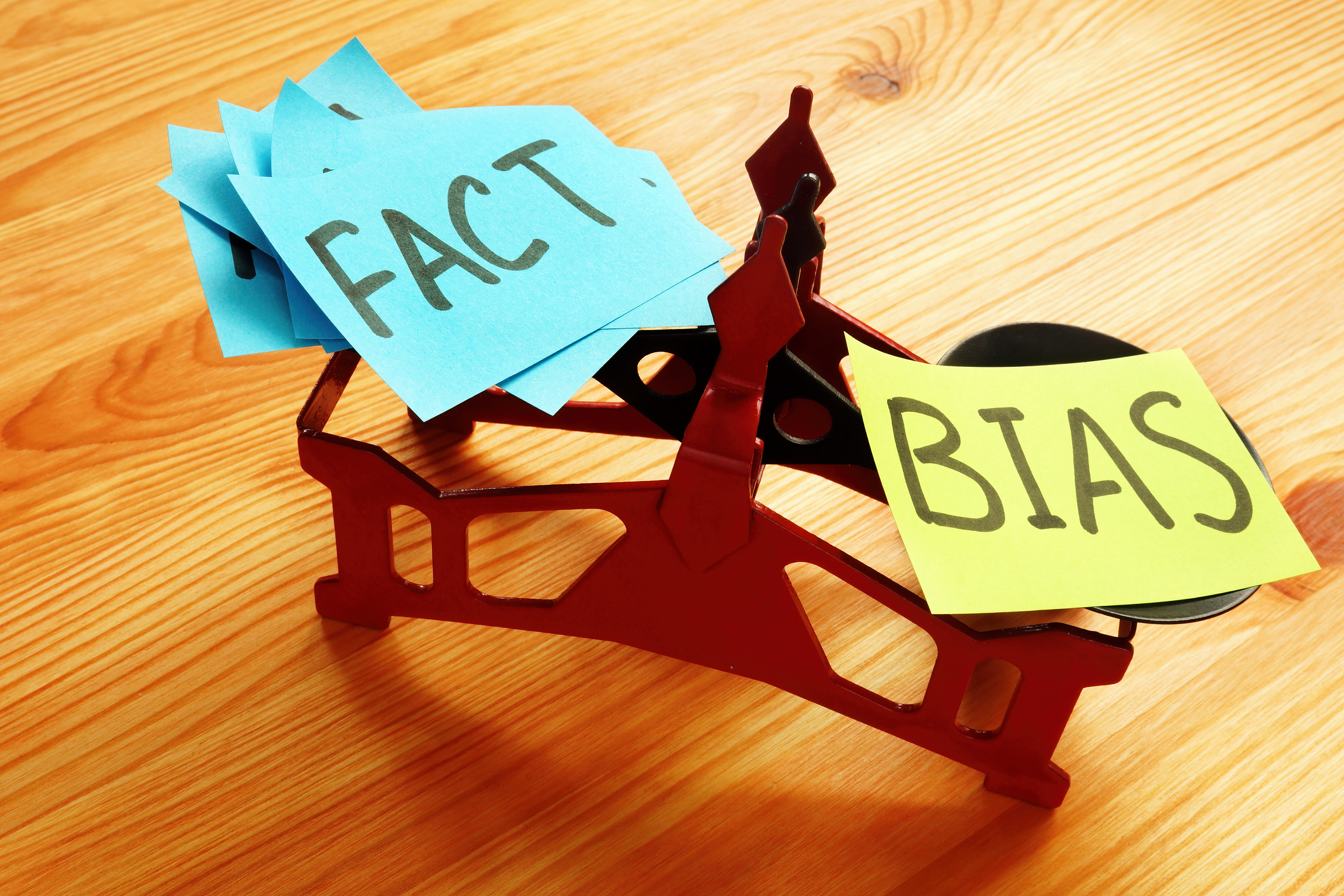People often make the mistake of conflating “journalist” with “reporter” when they’re not entirely the same. A journalist is merely someone who works in that field professionally. A reporter writes news stories, but opinion-writing is also journalism.
For example, two opinion journalists could write competing pieces, one arguing federal income taxes are too low, the other that they are too high. Both would supply evidence to advance their argument, and it’s up to the reader to decide who made the better case.
That’s the beauty of writing opinion, as I do in these columns. When a story breaks, the reporter writes, “Here is what happened,” whereas I get to say, “This sucks.” So, naturally, I don’t hide my biases. If you see that I’ve written about the Second Amendment or government spending, there’s a good chance you already know where I stand. The idea is for me to make a persuasive case for my point of view.
News outlets will sometimes publish something they will label as “analysis.” Often, it is an expert in a given field, writing about a new law, proposed law, or policy and how it would affect the public or markets or a particular industry. Unfortunately, I’ve noticed a disturbing trend in which news outlets publish straight-up opinion and call it “analysis.” It’s a sneaky dodge that allows reporters or correspondents to express their views while hiding behind a veil of “analysis.”
One of the most significant purveyors of this is CNN and its White House reporter, Stephen Collinson. His pieces are generally marked as “analysis,” but when reading them, the editorializing shines through like the sun. In a recent piece highlighting the Judge Ketanji Brown Jackson confirmation hearings, the title said, “Republicans greet a historic Supreme Court nomination with a political circus.” There’s your first clue as to how it will go. Collinson, at one point, writes:
There was also a palpable racial undertone to some of the questions. Cruz, for example, called on Jackson to answer for
critical race theory
— a concept that seeks to understand and address inequality and racism in the US. The term has been politicized by some conservatives into claims liberals are waging a battle against White America, and Republicans seem to believe it’s become a potent motivating factor for their base.
Palpable, huh? That means the racial undertone was so blatant that you could almost feel it in the room. That’s analysis? And where did he get the idea that criticism of the blanket term “critical race theory” (that also covers the insidiousness of Ibram X. Kendi’s juvenile concepts about “anti-racism”) in public schools has anything to do with a “battle against White America”? Collinson made that up. That’s not analytical.
In another story, Collinson, along with Maeve Reston, under the banner of “Voting Rights Under Attack” and a title of “Activists fight back as Juneteenth milestone is undercut by GOP discriminatory voting bills,” the first paragraph states:
As America finally recognizes the importance of Juneteenth, the full potential of a symbolic new milestone for equality is being undermined by Republican moves to make it harder for many Black Americans to vote.
They offer zero evidence other than something about “studies” (they don’t link to any) that show it is harder for black and Hispanic voters to get identification to vote. What they wrote is not “analytical.” It’s their opinion of the voting bills that passed state legislatures, and they merely assumed the laws would make it harder for black people to vote. Why they would automatically think that is a question they have to answer.
In a piece for the New York Times under the banner of “news analysis,” Carl Hulse, in an essay about the Jackson hearings, wrote:
The aggressively hostile interrogation of Judge Jackson, featuring political dog-whistling and relentless re-litigating of Supreme Court feuds of the past, marred what could have been not only a reset for the Senate, but a significant national moment in seeing the first Black woman ascend to the pinnacle of American jurisprudence with strong support.
Ah yes, the “news analysis” of the political dog-whistling. All of the opinions masquerading as news analysis that’s fit to print.
One other example, and one that makes zero sense, is from the Washington Post. The site republished a piece by Bloomberg’s Timothy O’Brien, “Elon Musk’s Twitter Investment Could Be Bad News for Free Speech.” What made it so amusing was that Bloomberg originally published it in its opinion section. The Washington Post took it, put it in its business section, and slapped on the “analysis” label, as if doing so somehow managed to check a box that allowed it to run in a section that is typically devoid of opinion.
It’s another example of why the public doesn’t generally trust the press. Instead of being honest and merely allowing reporters to express their opinions from time to time openly, they play games with labels as a means of escaping any accountability for injecting rank opinions into their supposed “news” articles.






